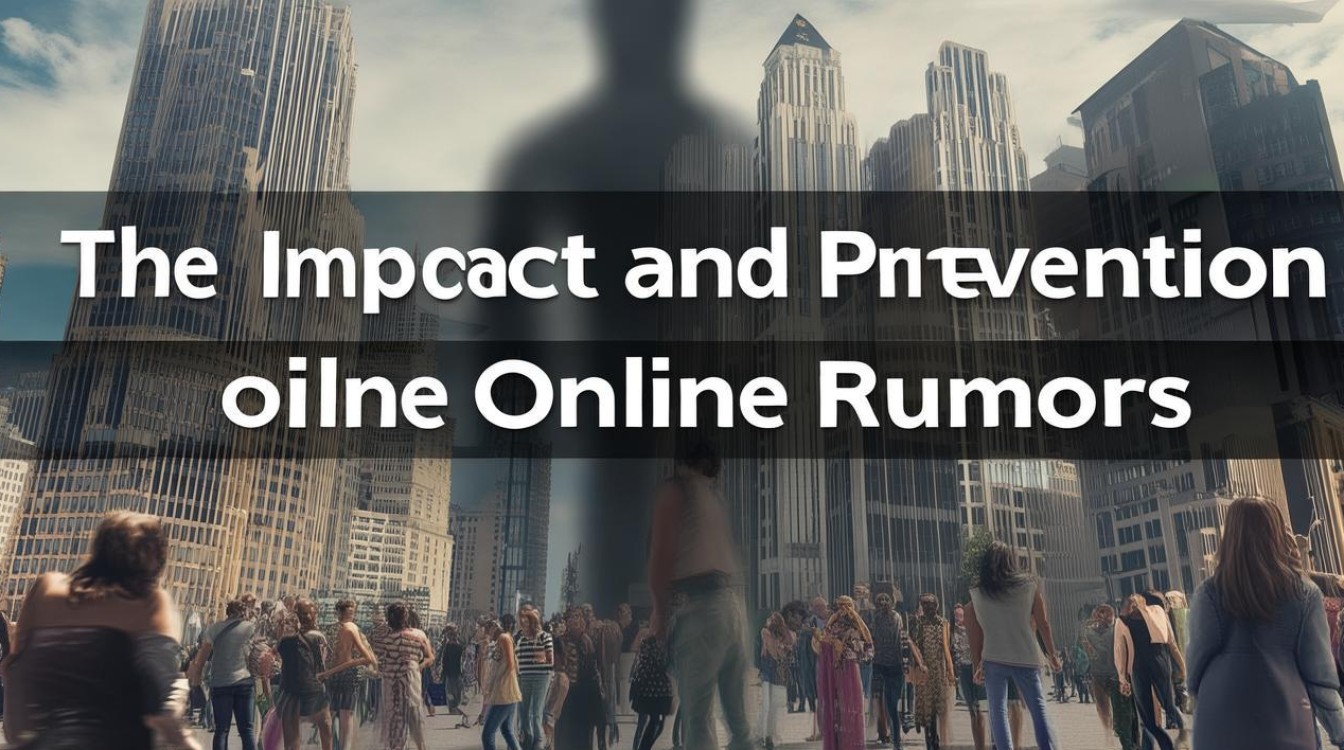In today's digital age, the internet has become a primary source of information for millions of people. However, with the rapid spread of information comes the growing issue of online rumors. False or misleading statements can cause significant harm, affecting individuals, businesses, and even society as a whole. Understanding how rumors spread, their consequences, and effective ways to combat them is crucial for maintaining a trustworthy online environment.

How Online Rumors Spread
The internet allows information to travel at unprecedented speeds. Social media platforms, forums, and messaging apps enable users to share content with just a few clicks. Unfortunately, not all shared information is accurate. Some rumors start as misunderstandings, while others are deliberately spread to mislead or manipulate public opinion.
Key factors contributing to the spread of online rumors include:
- Anonymity – Many users hide behind pseudonyms, making it easier to spread false claims without accountability.
- Emotional Appeal – Sensational or shocking content tends to gain more attention, increasing the likelihood of rapid sharing.
- Lack of Verification – People often share posts without checking their authenticity, especially when the content aligns with their beliefs.
- Algorithmic Bias – Social media algorithms prioritize engaging content, sometimes amplifying misinformation if it generates reactions.
The Consequences of Online Rumors
False information can have serious repercussions. Some of the most damaging effects include:
- Damage to Reputation – Individuals or businesses targeted by false claims may suffer long-term reputational harm.
- Public Panic – Misinformation about health, safety, or financial matters can lead to unnecessary fear and chaos.
- Legal Issues – Spreading defamatory rumors can result in lawsuits or criminal charges.
- Social Division – False narratives can deepen societal conflicts by spreading distrust among different groups.
For example, during the COVID-19 pandemic, rumors about unproven cures or vaccine side effects led to dangerous behaviors and vaccine hesitancy. Similarly, financial rumors about companies have caused stock market fluctuations, harming investors and businesses.

How to Identify and Combat Online Rumors
To protect yourself and others from misinformation, it’s essential to develop critical thinking and fact-checking habits. Here are some practical steps:
Verify Before Sharing
Always check the source of information before reposting it. Reliable news outlets, official government websites, and fact-checking organizations like Snopes or FactCheck.org can help confirm accuracy.
Look for Evidence
Legitimate claims are usually supported by credible evidence. If a post lacks references or cites dubious sources, it’s likely unreliable.
Be Wary of Emotional Language
Exaggerated or inflammatory wording is often a red flag. Responsible journalism typically presents facts in a neutral tone.

Use Reverse Image Search
Many rumors include manipulated or misused images. Tools like Google Reverse Image Search can help determine if a photo has been altered or taken out of context.
Report False Content
Most social media platforms allow users to report misinformation. Flagging harmful posts helps reduce their reach.
The Role of Platforms and Authorities
While individuals must take responsibility for verifying information, tech companies and governments also play a crucial role in combating rumors.
- Social Media Platforms – Companies like Facebook, Twitter, and YouTube have implemented fact-checking programs and warning labels for disputed content.
- Government Regulations – Some countries have introduced laws against spreading harmful misinformation, particularly during emergencies.
- Media Literacy Programs – Educational initiatives can teach people how to critically evaluate online content.
Personal Responsibility in the Digital Age
The internet is a powerful tool, but its misuse can lead to widespread harm. Every user has a responsibility to contribute to a truthful and respectful online community. By questioning suspicious claims, verifying facts, and refusing to spread unverified information, we can help reduce the impact of online rumors.

The fight against misinformation requires collective effort. While technology and regulations can help, individual awareness remains the most effective defense. Only by fostering a culture of skepticism and verification can we ensure a more reliable and trustworthy digital space.

